How systems shift
A simple truth of systems is that they are made up of people. Once we recognise that simple truth, it becomes obvious that a system’s structures will continue to produce the same outcomes until we catalyze profound shifts in the ways of working and ways of relating among the people who make up that system.
A growing number of social change leaders are trying to do exactly that, due to a growing recognition that structural changes alone will not transform systems towards more just and equitable outcomes. Collective Change Lab helps social change practitioners and philanthropists experiment with transformative practices in their collaborative systems change efforts, which tend to have five qualities in common;
Deep relational work: Establishing spaces in which groups feel interrelatedness and generative potential
Transforming power dynamics: Increasing collective power through expanding collective agency and shared values
Cultivating space for healing: Supporting people in sharing trauma(s) and working towards community healing
Serendipity and the sacred: Welcoming the sacred, love and emergence into the work
Inner as well as outer change: Changing oneself as a means to create change in the world
For more, read The Relational Work of Systems Change - The most read article in the Stanford Social Innovation Review for 2022.
Source: John Kania, Mark Kramer & Peter Senge, “The Water of Systems Change,” FSG. https://www.fsg.org/publications/water_of_systems_change
Six Conditions of Systems Change
The Six Conditions framework helps explain why working at the deeper levels of systems is essential to systems transformation. The six conditions holding problems in place exist at three different levels of visibility: structural, relational, and transformational.
The largest barriers to change, and also the greatest opportunities for transformation, lie in shifting the deeper levels of systems: relationships and connections, power dynamics, and mental models. Employing transforming practices are essential to shifting these deeper conditions and making systems more inclusive and just for all.


